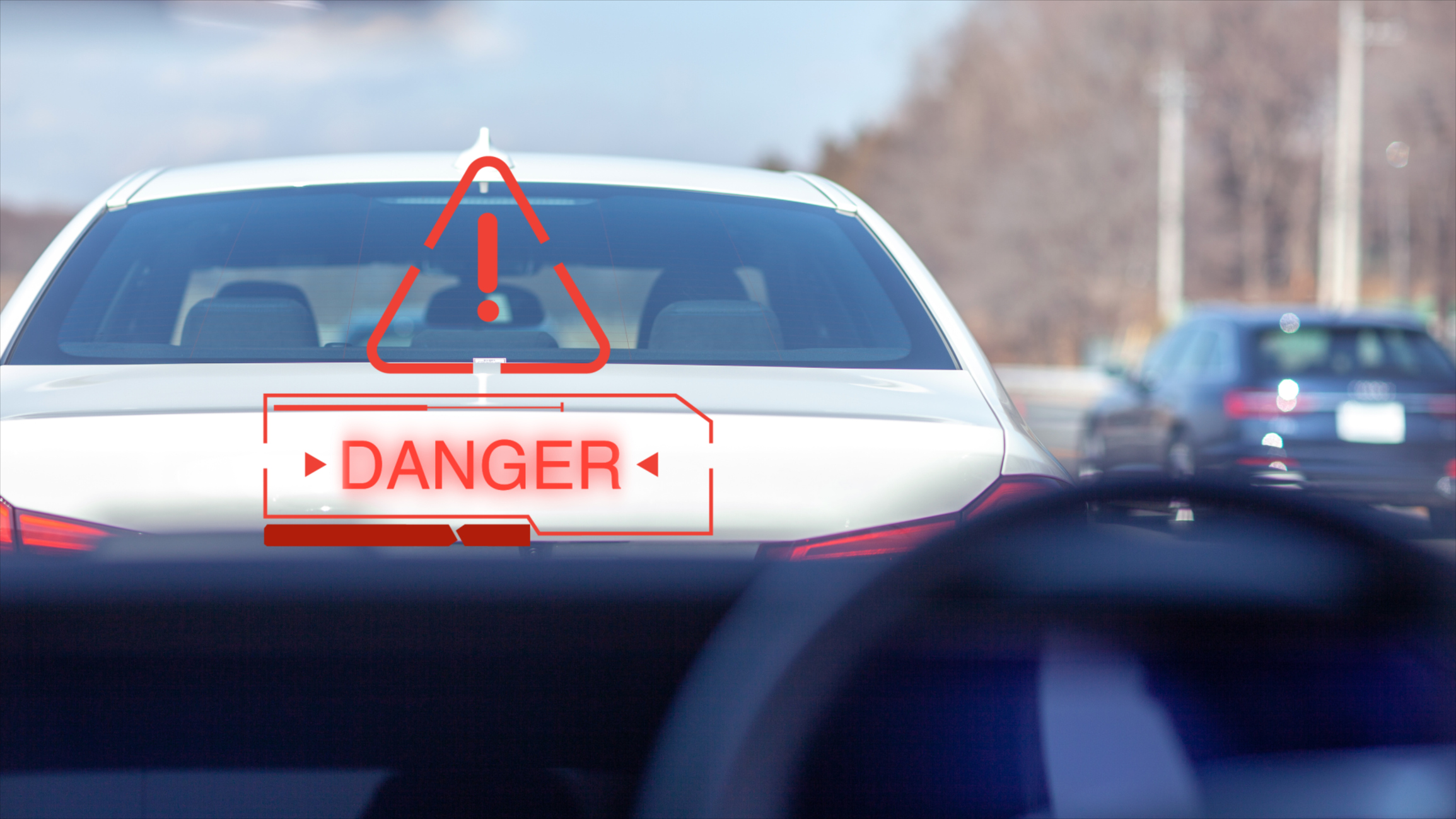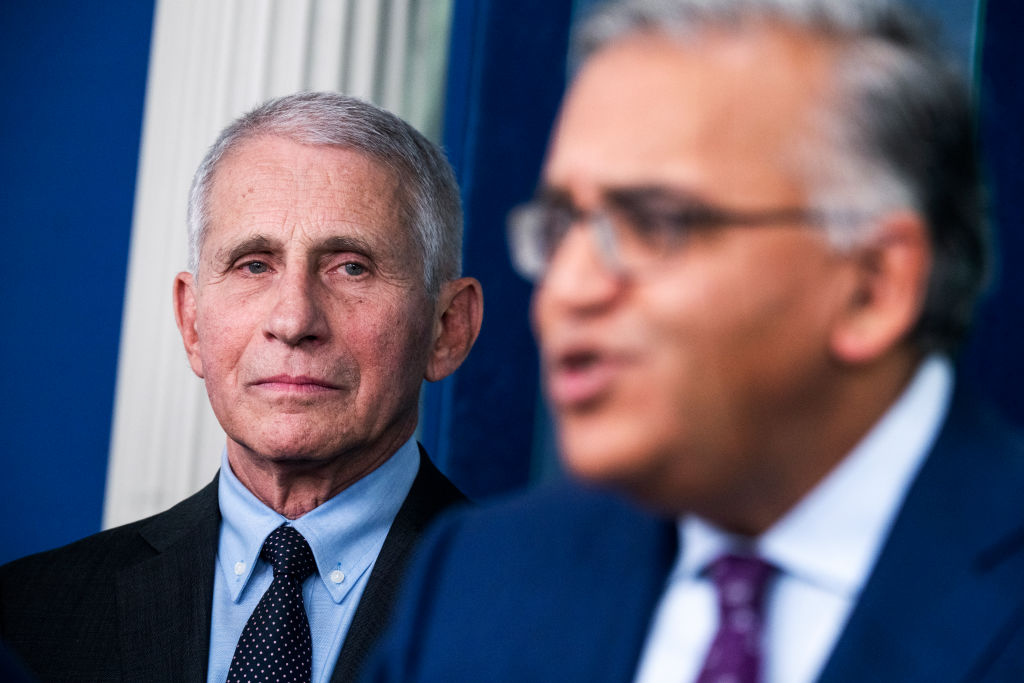What may finally get us is probably not what we expect.
Climate Alarmists

When doing something is worse than doing nothing.
While I consider myself an environmentalist, I am not a climate alarmist who accepts the dire predictions of the climate change gospel. These fundamentalists are making disingenuous efforts to alarm Americans about climate change and its supposed consequences while presenting solutions that will cause more harm than good. The progressive approach to “do everything and anything to stop climate change” will surely result in trillions of dollars wasted for precious little environmental benefit. Neither America nor the environment can afford such misdirected folly.
In a previous piece on this important but increasingly tiresome subject, I pointed out the hopeless redundancy of the moniker “climate change”—akin to “wet water.” Earth’s climate perpetually changes without human influence. For example, Florida was completely under water some 60 million years ago before humans roamed the planet. Then, about 20,000 years ago, sea levels fell radically, giving Florida three times its present land mass; since then waters have risen to its present levels. This was long before humans could have brought about such drastic change. Climate change is ongoing and may have little to do with sound environmental stewardship.
As Cooper York has argued in The American Mind, “The Biden Administration is outsourcing pollution and weakening America’s energy reserves.” In doing so he is hurting America economically and helping China and India, who prioritize their economies over environmental factors. Climate change protestors, enticed by leaders who make a living cheerleading for despair, somehow believe they can stop it, but their hopes are arrogant and false. Driving around in a Tesla isn’t going to change earth’s climate nor is installing solar panels on your roof. As Bjorn Lomborg states: “Electric vehicles will only take over when innovation has made them better and cheaper than gas-powered cars. But politicians want the change now and are planning to waste hundreds of billions of dollars subsidizing electric cars, hindering consumers from choosing the cars they want, to achieve virtually nothing for the climate.” While some green choices may cut down on your electric bill, the climate will do its thing in spite of the conceit that we can actually stop our climate from changing.
Having spent years on oceans, fishing, diving, surfing, and now living in an environmentally-sensitive area, I have witnessed world-wide the deleterious impact humans have wrought on Mother Earth. I also see that the majority of proffered environmental fixes often do more harm than good—think wind turbines killing bald eagles, or not clearing dead trees and bush that led to the recent spate of California fires—classic cases of “ready-fire-aim” that will cause more problems than they solve.
Taking Our Eye Off
In our misguided rush to alter the world’s climate, we are ignoring other problems that we can ameliorate more quickly and easily and for less money. Lomborg and Jordan Peterson advocate trying to solve world hunger and educating children in poor countries around the world. “Rather than concentrating on what we could and should do, with laser-like precision, we demoralize our young people, carelessly portraying all expansive economic activity as intrinsically damaging to the planet (which it is not) and typifying their ambition as nothing but the latest manifestation of an endless pattern of universal oppression,” they argue.
Since Biden took office, he has continued to grow our $31 trillion national debt. His ready-fire-aim $1.9 trillion 2022 “America Rescue Plan” foolishly spent on things like forgiving student loan debt to increase his voting base. His $55 billion spending on climate solutions has been outlandish, prioritizing policies with exorbitant cost and little payout, like municipal golf courses and community broadband networks over things America needs more. Also included is an electric vehicle subsidy of $30 billion per year. And President Biden’s proposed 2023 budget doubles down on this wrong-headed approach by investing an additional $44.9 billion to tackle the climate crisis, an increase of nearly 60 percent over FY 2021.
As Christopher J. Waller, a member of the Federal Reserve Board of Governors, recently stated, “Climate change is real, but I disagree with the premise that it poses a serious risk to the safety and soundness of large banks and the financial stability of the United States. The Federal Reserve conducts regular stress tests on large banks that impose extremely severe macroeconomic shocks and they show that the banks are resilient.”
Electric Vehicle Failures
Tesla offers well-to-do Americans the opportunity to signal their climate concern creds despite these vehicles’ exorbitant prices, limited availability, and low milage per charge. EVs bear unintended climate consequences, including emitting at source more dangerous particulate air pollution compared to gas-powered cars, and their significantly greater motor weight and wear and tear on tires, which leads to greater injury and fatality rates when involved in accidents. As Lomborg argues, “The standard climate model used by the Intergovernmental Panel on Climate Change suggests this will reduce global temperatures by only 0.0001°C by 2100”—a cost-benefit ratio that makes little rational sense.
As of this writing, there are 44 new EVs coming to the American market from Japan, South Korea, Germany, Sweden, and the U.K. at an average cost of $66,000. Joe Biden has nothing to do with this; market forces from major automobile manufacturers around the world are making an economic bet that the market will respond positively. But what of the very real environmental risks that include third-world mining of lithium, cobalt, nickel, and manganese for EV batteries and their safe disposal?
Less Climate Change Fixes Than Meet the Consumer Eye
Consumers shopping for an EV will receive sticker shock. Excluding Tesla, which sells only EVs, American and Japanese EVs are priced about 40 percent higher that their internal combustion equivalent. Argonne National Laboratory produced a study analyzing the lifetime cost of owning various vehicle types and found that EVs were more costly and were considered a second car for most families that owned them—hardly a climate change formula. Charging EV batteries is also a challenge for drivers since it involves installing a home outlet (sometimes called a level 1 charger) that takes around 40 hours to fully charge. Using the battery’s full capabilities means stopping after about 240 miles and waiting for hours to recharge enough to drive another 240 miles.
Wind power is yet another ready-fire-aim climate solution. For years tony places like Martha’s Vineyard and the coasts of the Hawaiian Islands have successfully fought the building of wind farms. That’s because these locations are inhabited by wealthy and influential people like the Obamas (both Martha’s Vineyard and Oahu, Hawaii), David Letterman, and Richard Saltzman, the former CEO of Colony Capital, along with frequent visitors like Bill Gates, Oprah Winfrey, and Bill and Hillary Clinton. It’s quite clear that when it comes to saving the environment, what draconian climate measures are good for the hoi polloi are not good for the privileged.
So what are we to do with this climate change amelioration mess? First, believe less than half of what you read, especially from the government and mainstream media. The climate change jury is still deliberating with less than glowing results and will be for some years to come. Second, simply throwing tax dollars at climate change is money poorly spent since we really don’t know enough to spend wisely because of our ready-fire-aim mentality. We must be more judicious until said actions are proven both useful and unharmful to people and the planet.
The American Mind presents a range of perspectives. Views are writers’ own and do not necessarily represent those of The Claremont Institute.
The American Mind is a publication of the Claremont Institute, a non-profit 501(c)(3) organization, dedicated to restoring the principles of the American Founding to their rightful, preeminent authority in our national life. Interested in supporting our work? Gifts to the Claremont Institute are tax-deductible.
How a political movement invented its own scientific basis.
The West is overrun with migrants.
An examination of the priestly caste of the leftist religions.
The U.S. and Europe are the new sick men of the world.
The Left needs the metric to justify removing more of your rights.






